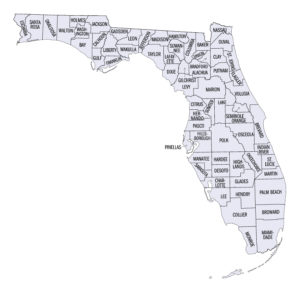Half Sized Blog Element (Single Author Style)
Half Sized Blog Element (Multi Author Style)
Extraordinary Considerations When Appraising a Commercial Condominium
in Commercial Appraisal[types field=’full_body’][/types]
Commercial Real Estate Appraisal and Estate Settlement
in Commercial Appraisal[types field=’full_body’][/types]



Extraordinary Considerations When Appraising a Commercial Condominium
in Commercial Appraisal[types field=’full_body’][/types]
Commercial Real Estate Appraisal and Estate Settlement
in Commercial Appraisal[types field=’full_body’][/types]